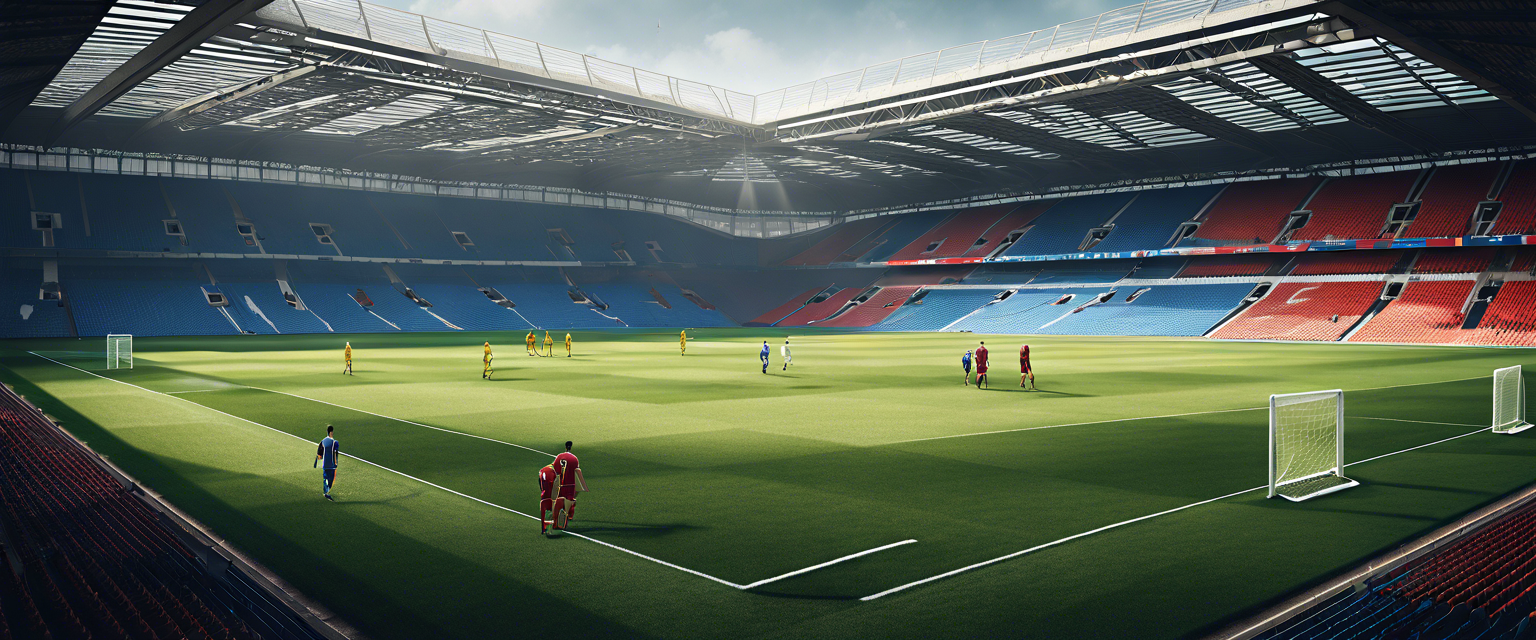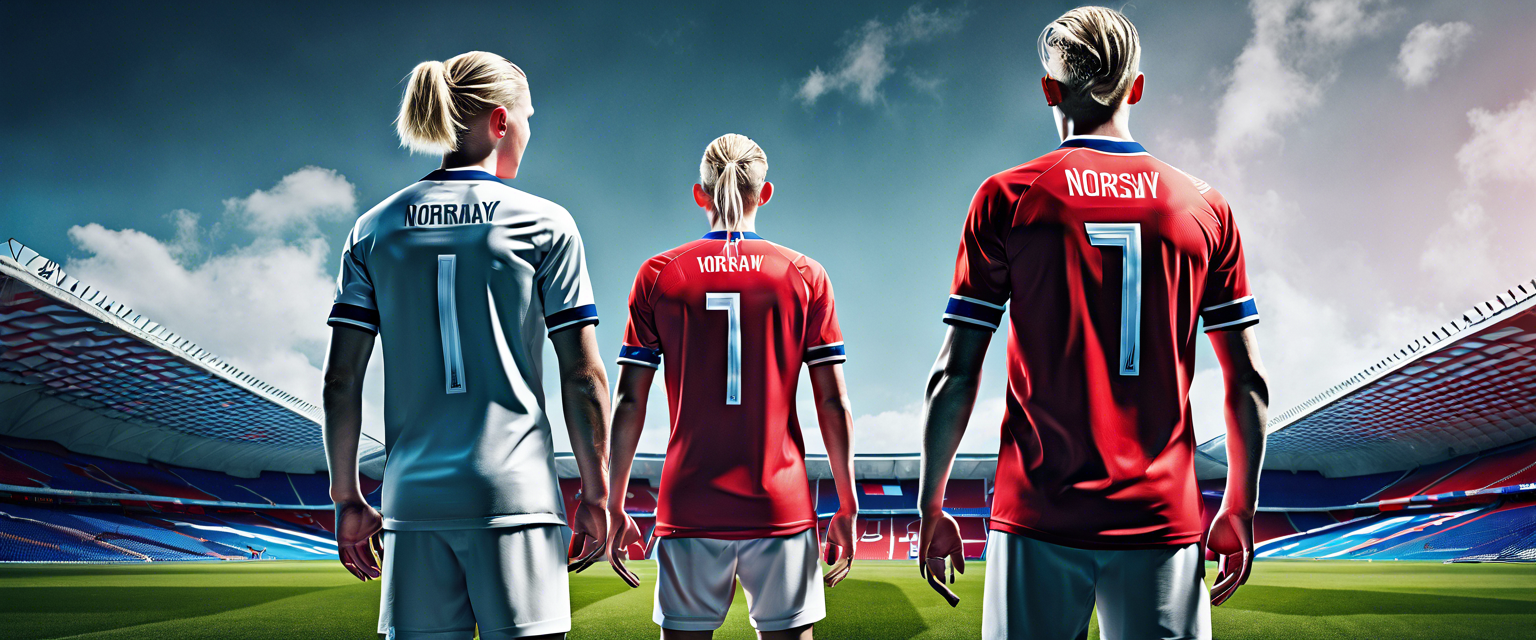Exploring Arsenal's Unique Black Connection: The Launch of 'Black Arsenal'
As Black History Month unfolds, Sky Sports features an insightful interview with Clive Chijioke Nwonka, creator of the enlightening book Black Arsenal. This publication delves deep into Arsenal Football Club's distinctive ties with Black identity and culture, and the remarkable players who have significantly influenced this relationship.
A Historical Perspective: Kevin Campbell's Intervention
Recalling a pivotal moment in August 1992, Arsenal manager George Graham gathered his players at Highbury to discuss a mural depicting supporters, which glaringly lacked Black faces. Kevin Campbell, an astute forward, confronted vice-chair David Dein with the question, "Mr. Dein, where are my brothers?" This inquiry catalyzed crucial changes, ensuring the club's visual representation mirrored its diversifying fanbase.
Unique Narratives: Celebrating Diversity Through 'Black Arsenal'
Nwonka emphasizes that the book captures more than just statistics; it encapsulates culture, social influences, and the historical migration from the West Indies to north London. "I'm not convinced you could write a book like this about any other club in world football," Nwonka asserts, highlighting the breadth of Arsenal's Black connection.
The Pioneers: From Brendon Batson to Bukayo Saka
Key figures such as Brendon Batson, Arsenal's first Black player in 1971, to the contemporary star Bukayo Saka, have been integral to this rich narrative. Their journeys embody a sense of belonging that resonates profoundly with Black supporters and helps cultivate Arsenal's multicultural fanbase.
Paul Davis: The Unsung Hero of Black Arsenal
Among the significant contributors, Paul Davis stands out for his longevity and impact within the club during the late 70s to mid-90s. His perseverance paved the way for future Black players, creating an environment where young talent could thrive.
The Cultural Context: Overcoming Challenges
For Davis and his contemporaries, the era was fraught with societal tension, including the rise of the National Front and prevalent racism. Yet at Arsenal, Davis experienced relatively few racial abuses, showcasing a different narrative of inclusivity within the club.
Memorable Moments: Mickey Thomas and Ian Wright
Davis’s contributions culminated in memorable title wins, with Mickey Thomas's iconic stoppage-time goal versus Liverpool in 1989 serving as a defining moment in the club's history. The book positions this goal as a significant shift that predated the advent of the Premier League, sparking discussions on Black identity in the sport.
The Rise of Ian Wright: Breaking Stereotypes
Ian Wright's arrival in 1991 marked another transformative phase for Arsenal. His exuberant personality resonated with fans, advocating a message of authenticity and self-expression. Nwonka notes how Wright’s on-field emotions and off-field demeanor broke the mold, making him a relatable figure for Black youth.
Champions of Change: Arsene Wenger's Era
Under Arsene Wenger, Arsenal continued to set records, fielding nine Black players during a game against Leeds in 2002. This organic development reflected the club's broader embrace of diversity within its ranks.
Acknowledging the Past While Looking Forward
While Black Arsenal celebrates past achievements and contributions, it also addresses ongoing challenges, such as the lack of Black representation in managerial roles and other vital positions within the club. Nwonka acknowledges that Arsenal has a responsibility to innovate and integrate diversity not only in the playing squad but throughout the organizational structure.
Conclusion: A Legacy of Representation
As we reflect on Arsenal's groundbreaking history and the players who have forged its unique Black connection, we recognize that the journey is far from over. With the release of Black Arsenal, there lies not just a celebration of culture but a call for continual progress in representation and inclusion within football.
Available now, Black Arsenal edited by Clive Nwonka and Matthew Harle, shines a light on the intertwining narratives of race, identity, and sport at Arsenal FC.



Yorum yazın
Tüm yorumlar yayınlanmadan önce incelenir.
Bu site hCaptcha ile korunuyor. Ayrıca bu site için hCaptcha Gizlilik Politikası ve Hizmet Şartları geçerlidir.